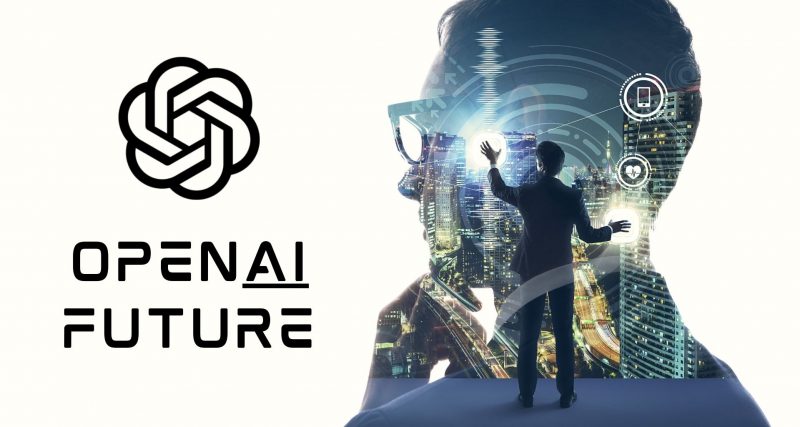OpenAI is a groundbreaking artificial intelligence research organization founded in 2015 by leading researchers and entrepreneurs. The organization is dedicated to creating and promoting safe and beneficial artificial intelligence technologies that can be used to solve some of the world’s most pressing problems. From a global economic point of view, OpenAI’s work can potentially transform many industries and create new economic opportunities. In this article, we will explore the future of OpenAI from a global financial perspective.
Efficiency and Cost-Effectiveness
Firstly, OpenAI’s research can transform many industries by making them more efficient and cost-effective. For example, artificial intelligence in healthcare can help doctors diagnose diseases more accurately and prescribe personalized treatments, improving patient outcomes and reducing healthcare costs. The same can be said for using artificial intelligence in finance, where it can be used to detect fraud and make investment decisions more quickly and accurately. This will help financial institutions reduce operational costs while improving their performance.
Unlocking New Industries and Markets
Secondly, OpenAI’s research has the potential to create new economic opportunities by unlocking new industries and markets. For example, the development of self-driving cars using artificial intelligence technology will create new jobs and opportunities in the automotive industry.
ADVERTISEMENT
The use of artificial intelligence in agriculture can help farmers to improve their crop yields and reduce their operational costs, leading to the creation of new opportunities in the agricultural sector.
Climate Change and Poverty
Thirdly, OpenAI’s research can help to address some of the world’s most pressing problems, such as climate change and poverty. For example, using artificial intelligence in energy production can help make renewable energy sources more efficient and cost-effective, leading to a reduction in greenhouse gas emissions. Artificial intelligence in education can help improve access to education and reduce the global poverty rate.
Risks of OpenAI
However, there are also potential risks associated with developing and deploying artificial intelligence technologies. For example, there is a risk that artificial intelligence could replace human jobs, leading to unemployment and social unrest. There is also a risk that artificial intelligence could be used to create autonomous weapons, showing a new arms race and increased global instability.
ADVERTISEMENT
To mitigate these risks, OpenAI and other organizations in this field must prioritize safety and ethics in their research and development.
This includes developing robust ethical frameworks and ensuring that artificial intelligence technologies are designed to be transparent and accountable. It also includes engaging in dialogue with governments, civil society organizations, and other stakeholders to ensure that the needs and aspirations of society as a whole guide the development of artificial intelligence.
ADVERTISEMENT








